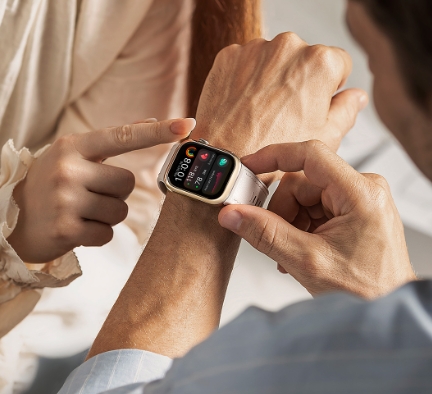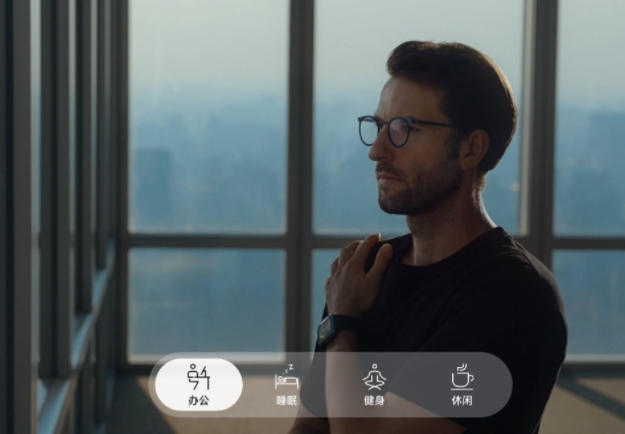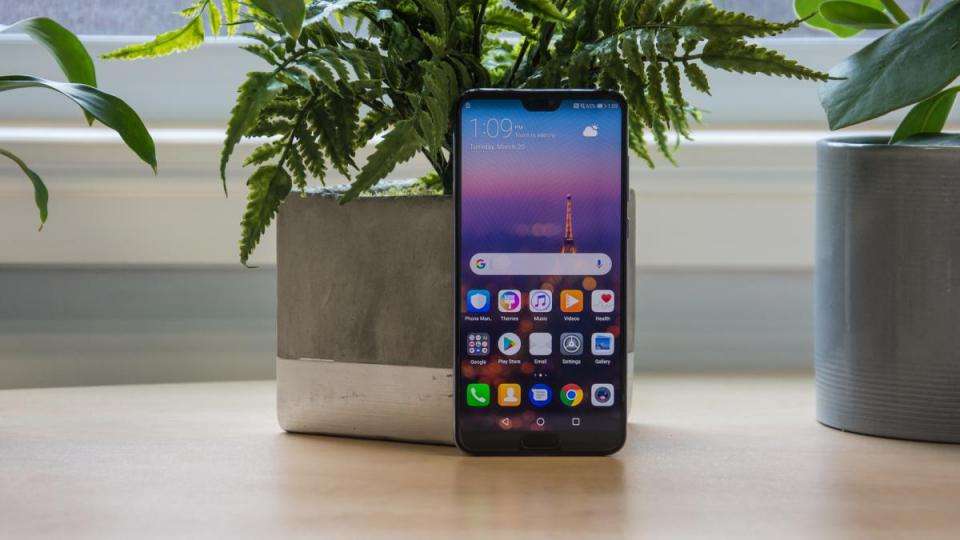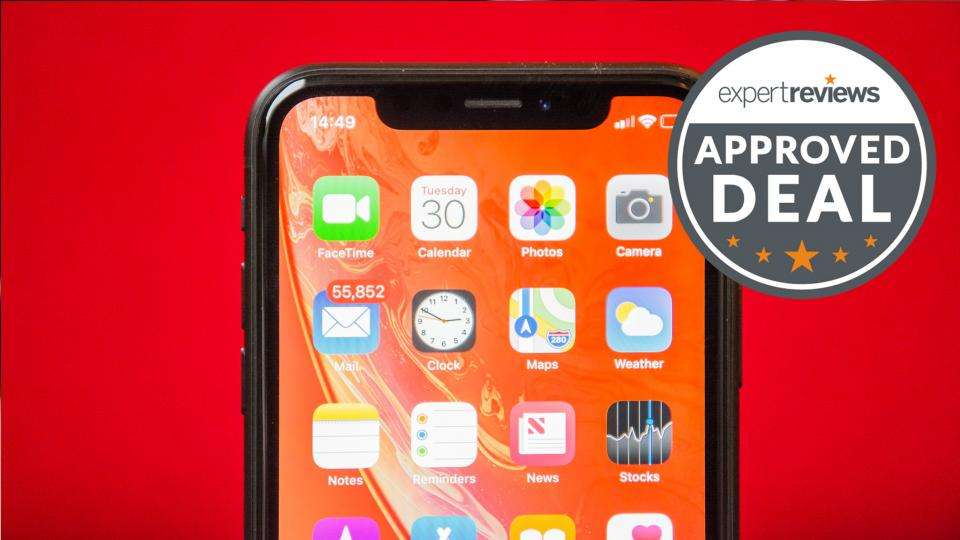Blood pressure is a critical aspect of our health, yet many misconceptions surround it. One common myth is that high blood pressure always causes noticeable symptoms, or that it only affects older adults. Another misconception is that medication is the only solution. In reality, learning how to lower your blood pressure naturally through lifestyle changes like diet, exercise, and stress management can be just as effective. These myths often prevent people from taking the necessary steps to manage their blood pressure. By understanding and debunking these myths, we can make better health decisions and avoid complications.

Misconception 1: High Blood Pressure Always Causes Symptoms
Many people believe that high blood pressure, also known as hypertension, comes with obvious signs like headaches or dizziness. However, this is far from the truth.
Why High Blood Pressure Can Be "Silent"
High blood pressure is often referred to as a "silent killer" because it usually has no symptoms. In fact, most people with high blood pressure are unaware of it until it is measured during a routine check-up. This is why it’s essential to have regular health checks and monitor your blood pressure consistently. Hypertension can go undetected for years, silently damaging the heart, blood vessels, and kidneys without showing any visible symptoms. This is why frequent monitoring is crucial.
H3:The Importance of Regular Check-Ups
One of the best ways to manage blood pressure is through regular check-ups. Wearable devices, such as the Huawei Watch D2, allow you to monitor your blood pressure throughout the day, even while you sleep. This real-time data can provide early warnings and track your progress, helping you to understand your blood pressure trends. The watch can also offer insights into your overall health, including heart rate, stress levels, and sleep quality. Alongside a balanced diet and lifestyle changes, this continuous monitoring can help you maintain a healthy blood pressure level. With the Huawei Watch D2, you can make more informed decisions about your health, stay on top of your blood pressure, and manage it effectively.

Misconception 2: Blood Pressure Is Only a Concern for Older Adults
Another widespread misconception is that high blood pressure is only an issue for older adults. While it is true that the risk of developing hypertension increases with age, younger people are not immune to it.
High Blood Pressure in Younger People
Recent studies show that high blood pressure is increasingly common among younger adults, largely due to unhealthy lifestyle choices such as poor diet, lack of exercise, and high stress. Individuals of all ages must monitor their blood pressure regularly, even in their 20s and 30s, to catch early signs of hypertension. Adopting healthy habits like regular exercise, stress management, and a balanced diet can effectively prevent hypertension.The Huawei Watch D2 is an ideal health companion for young people. Syncing with the HUAWEI Health app, it offers insights into your physical activity, workout performance, and overall fitness. Additionally, the watch features advanced sleep monitoring, tracking heart rate, SpO2 levels, and breathing patterns to help improve sleep quality. This combination of fitness tracking, personalized health insights, and easy access to data makes the Huawei Watch D2 a perfect tool for young adults to stay on top of their health, encouraging better lifestyle choices and overall well-being.
Risk Factors for Hypertension at Any Age
Several factors contribute to high blood pressure, including obesity, lack of physical activity, smoking, and excessive alcohol consumption. These risk factors are not limited to older adults, making it important for everyone to be proactive about their health. Genetics can also play a role, so if you have a family history of high blood pressure, it’s even more important to monitor your health and adopt a heart-healthy lifestyle.
Misconception 3: Medication Is the Only Solution for High Blood Pressure
Many people think that medication is the only way to control high blood pressure. While medication is essential for some individuals, it’s not the only solution.
Lifestyle Changes Can Make a Big Difference
Lifestyle changes can have a profound impact on blood pressure management. Incorporating regular physical activity, reducing salt intake, and eating a diet rich in potassium and magnesium can help lower blood pressure naturally. Furthermore, managing stress through relaxation techniques, such as meditation or deep breathing, can also be highly beneficial. The importance of these lifestyle changes cannot be overstated; they can complement or even reduce the need for medication, depending on the severity of the condition.
Combining Medication with Diet and Exercise
For those who do require medication, combining it with healthy eating habits and regular physical activity can significantly improve the effectiveness of treatment. Many healthcare providers recommend a holistic approach that integrates lifestyle modifications with medication. If you’re unsure where to start, consult your healthcare provider for a tailored plan that includes the right balance of medication, diet, and exercise.
Misconception 4: Low Blood Pressure Is Always Healthy
While low blood pressure is often considered a sign of good health, it is not always ideal. Hypotension, or abnormally low blood pressure, can lead to symptoms such as dizziness, fainting, and fatigue.
Understanding the Risks of Low Blood Pressure
Low blood pressure can cause insufficient blood flow to vital organs, including the heart and brain, leading to potential complications. In severe cases, it can cause shock, which is a medical emergency. While low blood pressure is typically less harmful than high blood pressure, it can still pose health risks if it causes symptoms or leads to complications. Understanding your blood pressure levels and seeking medical advice when necessary is essential to ensure that low blood pressure does not negatively impact your health.
When Low Blood Pressure Becomes Problematic
Low blood pressure becomes problematic when it leads to dizziness, fainting, or other health issues that interfere with daily life. In these cases, it’s crucial to identify the underlying causes of low blood pressure, which could include dehydration, nutritional deficiencies, or underlying medical conditions. Treatment may involve adjusting your diet, increasing fluid intake, or taking medications to stabilize blood pressure levels.
Misconception 5: Blood Pressure Is the Same for Everyone
Blood pressure is often viewed as a one-size-fits-all measure, but the truth is that it varies from person to person.
How Blood Pressure Varies by Individual
Each person’s blood pressure is unique and can be influenced by several factors, including genetics, age, lifestyle, and overall health. What’s considered a healthy blood pressure for one person may not be the same for someone else. It’s essential to understand what your normal blood pressure is and monitor it regularly to detect any significant changes. This personalized approach can help you identify trends, prevent hypertension, and manage your blood pressure effectively.
Factors That Influence Blood Pressure
Several factors influence blood pressure, including your activity level, diet, stress, and sleep. For instance, high stress levels can temporarily raise blood pressure, while regular exercise can help lower it. Diet also plays a significant role—foods rich in sodium can elevate blood pressure, while foods high in potassium, magnesium, and fiber can help lower it. Lifestyle choices, including smoking and alcohol consumption, can also impact your blood pressure. Understanding these factors and how they interact with your body is key to managing your health effectively.
Conclusion
It’s essential to clear up common misconceptions about blood pressure to ensure that individuals take the necessary steps to manage their health. High blood pressure is often silent, and regular check-ups are vital for detection and prevention. Blood pressure concerns are not limited to older adults, and younger people should also be mindful of their risk factors. Medication is not the only solution; lifestyle changes, such as diet and exercise, can make a significant difference in managing blood pressure. Low blood pressure, while often benign, can still cause health problems if it’s too low. Finally, blood pressure varies from person to person, and understanding your individual blood pressure range is essential for maintaining optimal health. By addressing these myths and taking action, you can improve your heart health and overall well-being.






Leave a Reply